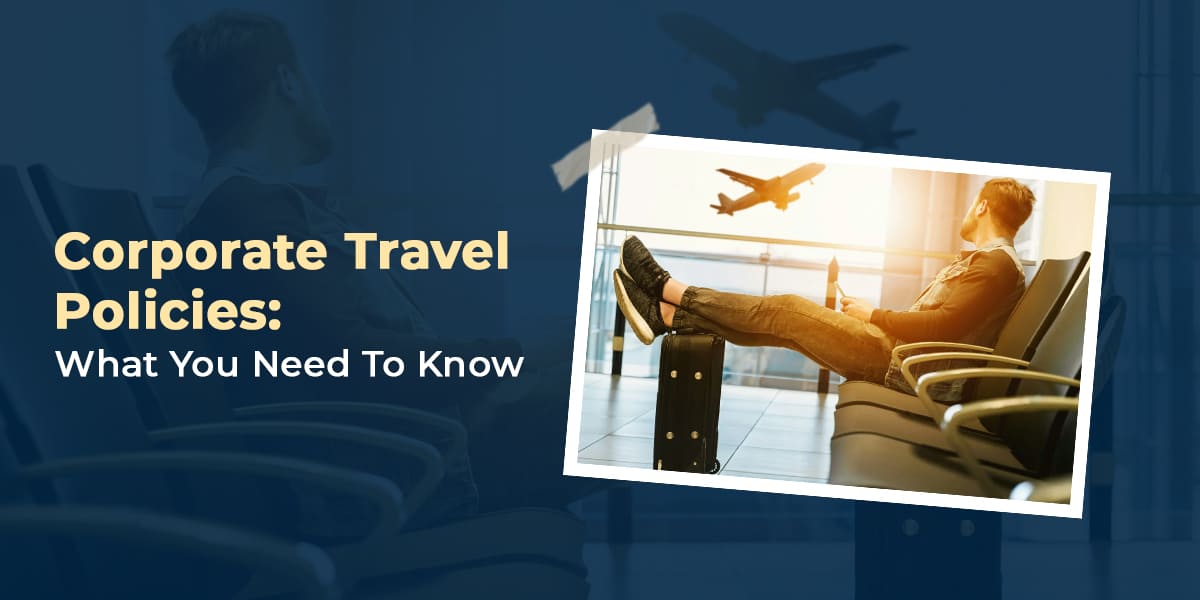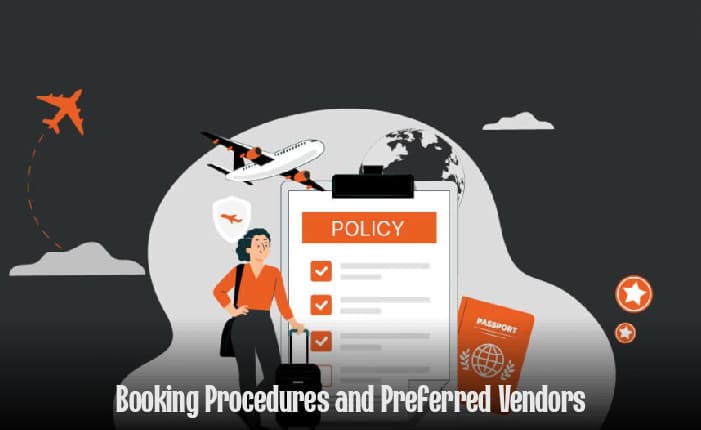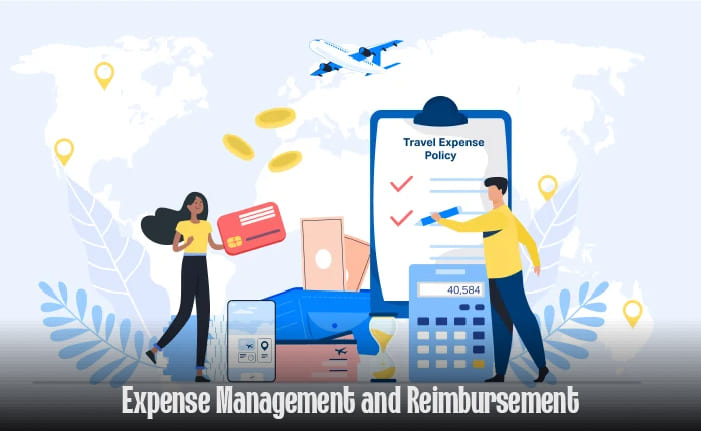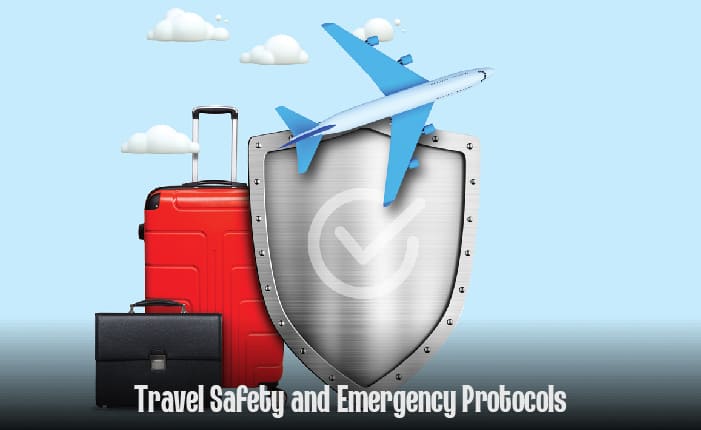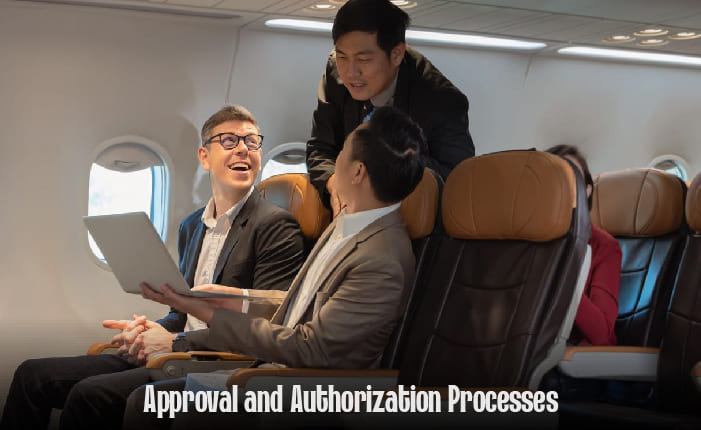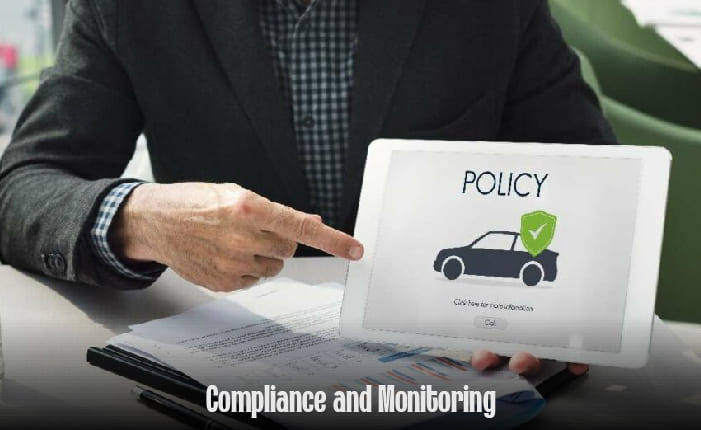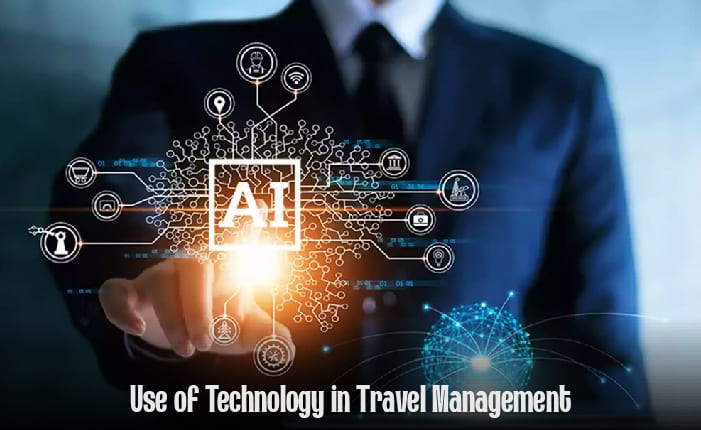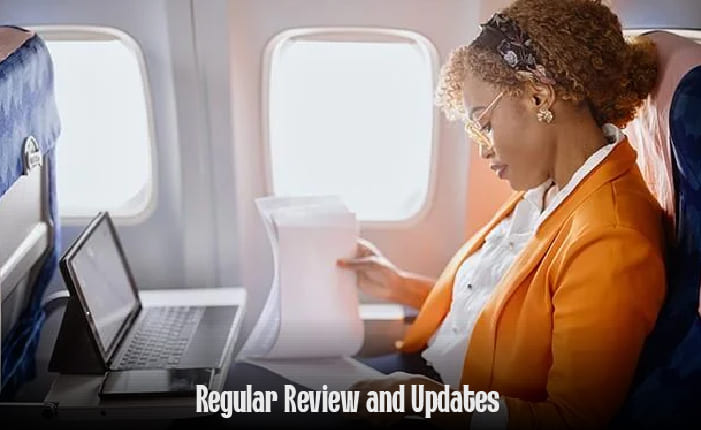Traveling from busy airports to peaceful hotel lobbies signifies not just motion but also strategic development, customer interaction, and career advancement.
A well-developed policy is the foundation of any successful business travel plan, providing direction through complex logistics and costs. Corporate travel policies are not just a list of regulations; they serve as a guide for smooth travel experiences that give employees the ability to explore the world confidently and purposefully.
This blog will explore the key elements of a strong travel policy and explain expense management complexities. Also, it will shed light on traveler safety strategies and reveal tech advancements in corporate travel management.
Purpose and Importance of a Corporate Travel Policy
A corporate travel policy sets specific rules to guarantee business trips are efficient, affordable, and secure. It assists in managing costs, ensuring adherence to company guidelines, and improving traveler security. By simplifying reservation and endorsement procedures, the policy decreases administrative workload and promotes uniformity. In the end, a clearly outlined travel policy helps achieve the organization's goals and gives employees a dependable structure for their travel requirements, guaranteeing a smooth and efficient travel experience.
Booking Procedures and Preferred Vendors
Establishing clear booking procedures is pivotal for optimizing travel costs and maintaining consistency. Recognize favored partners, like certain airlines, inns, and car rental companies, to take advantage of corporate discounts and loyalty programs. Urge staff to use approved travel agencies or online tools to simplify the booking process. Furthermore, requiring early reservations whenever feasible can help ensure the lowest prices and availability, ultimately increasing cost-effectiveness and improving the overall travel experience.
Expense Management and Reimbursement
Effectively handling travel expenditures is crucial. Establish specific budgets for flights, lodging, dining, and travel expenses. Provide specific information about how to get money back, including what paperwork is needed and when everything needs to be submitted. Promote the utilization of company-issued credit cards, when appropriate. This guarantees visibility and authority over spending, simplifies compliance for staff, and enables the company to effectively oversee and handle travel expenses. Effective cost control improves efficiency and promotes financial transparency.
Travel Safety and Emergency Protocols
Making sure that employees are safe on work trips is a top priority. Make sure your policy has detailed emergency contact details, explicit health and safety instructions, and strong crisis management protocols. Mandate vaccinations, disclose travel insurance information, and furnish health recommendations. Create procedures for managing interruptions, environmental catastrophes, and civil disorder. Motivate employees to keep up-to-date on their destinations and uphold frequent communication. Prioritizing safety and being prepared helps safeguard your team and ensures a quick reaction to any emergency.
Approval and Authorization Processes
Having well-defined approval and authorization procedures is crucial to effectively managing corporate travel. Identify the individuals responsible for approving travel requests and the conditions under which approval is necessary. Provide instructions for dealing with exceptions and escalating issues that cannot be resolved. Companies can guarantee transparency, retain control of travel expenses, and streamline the booking process by establishing these parameters. Effective communication of these protocols to every employee will encourage adherence and help improve the overall travel experience for all individuals.
Compliance and Monitoring
It is essential to guarantee compliance and track adherence to corporate travel policies for successful administration. This includes establishing distinct repercussions for failure to comply, enforcing frequent reporting mandates, and carrying out regular audits. Organizations can reduce risks related to unauthorized expenses and ensure that all travel activities follow company guidelines by being transparent and accountable. Consistent feedback mechanisms also aid in enhancing policies and fostering a culture of compliance in the organization.
Use of Technology in Travel Management
In today's business travel environment, utilizing technology is important for maximizing productivity. Travel management software automates booking, expense reporting, and compliance tracking, making processes more efficient and lowering administrative workload. Mobile applications give travelers the ability to receive live updates and efficiently manage their schedules, improving convenience and adaptability. Incorporating these tools results in more efficient operations, reduced costs, and enhanced traveler contentment, in line with current business requirements. Utilizing technological advances in travel management not only improves resource utilization but also promotes sustainable travel practices, which are crucial for modern corporate policies.
Sustainability in Corporate Travel
Including sustainability in corporate travel policies encourage the adoption of environmentally-friendly practices. Promoting the utilization of eco-friendly transportation and lodging, adopting carbon offsetting strategies, and decreasing paper consumption can greatly reduce environmental harm. By implementing eco-friendly travel actions, businesses can improve their corporate social responsibility image while also supporting environmental conservation efforts. This comprehensive method guarantees that corporate travel is in line with sustainability objectives, generating a beneficial effect and meeting business goals.
Regular Review and Updates
Frequent reviews and updates of your company's travel policy are essential to maintain its relevance and effectiveness. Regularly evaluating market conditions, regulatory adjustments, and employee input allows for policy adjustments to align with changing requirements. This procedure improves adherence and cost-effectiveness while also promoting employee happiness and security. By ensuring the policy remains current, your organization will be able to effectively handle challenges and take advantage of opportunities in the ever-changing world of business travel.
Wrapping Up…
A clear travel policy for your company makes work trips go better. This means happy and productive employees who can focus on business without worrying about the details. It also helps keep everyone safe and sound. You will control expenses, and support staff, and make sure everyone returns with anecdotes, not just bills.
Remember, a well-defined policy is your compass to a world of successful business ventures. Now, buckle up and get ready to explore!
